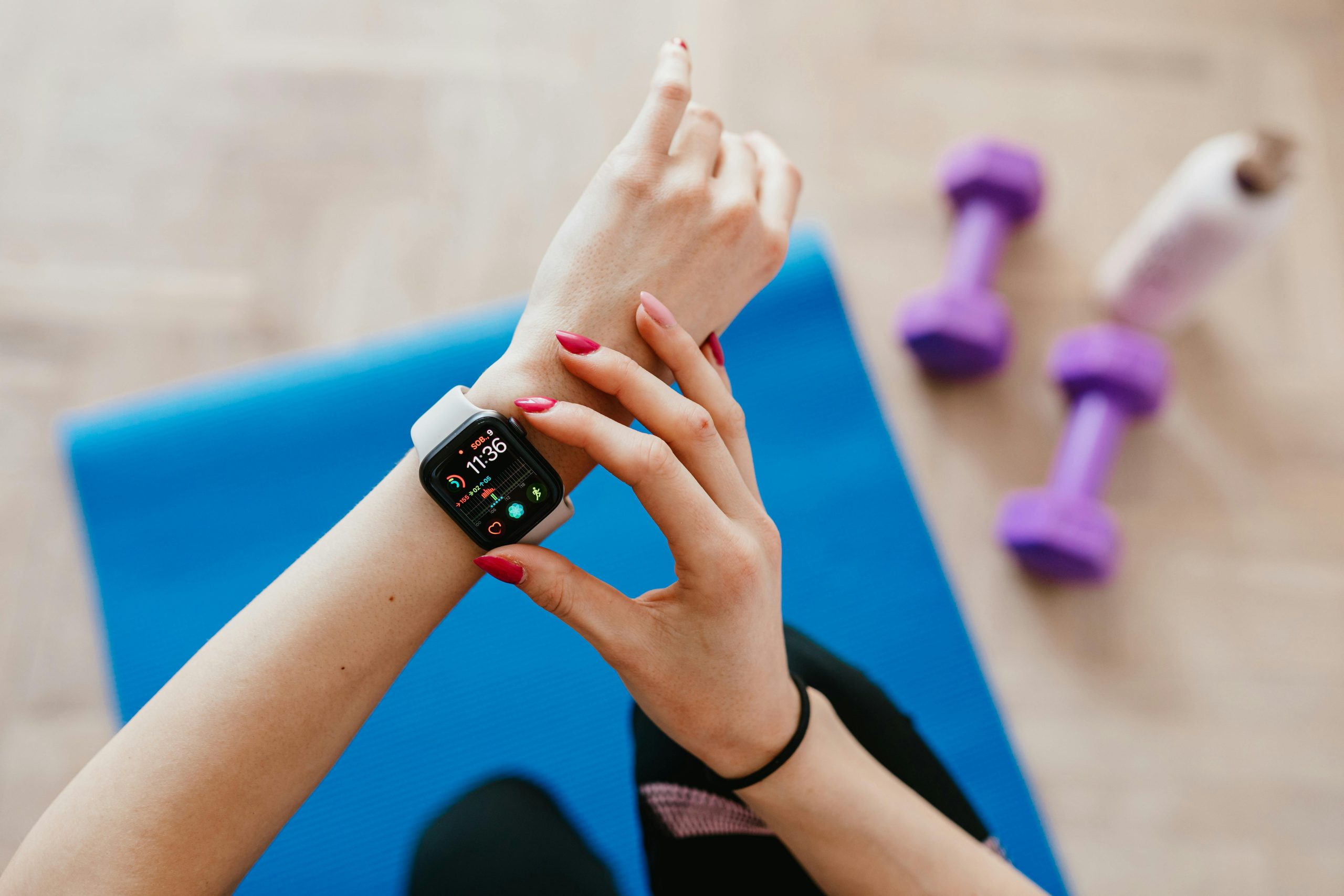Choosing the right fitness tracker can feel overwhelming with so many options on the market. Whether you’re a casual walker, a dedicated athlete, or someone looking to improve overall health, the perfect fitness tracker can help you stay motivated and track progress. But how do you find the one that aligns with your goals? This guide breaks down everything you need to know to make an informed decision.
1. Identify Your Fitness Goals
Before diving into features and brands, it’s essential to define what you want to achieve. Fitness trackers vary widely in functionality, so matching your goals to the right device is key.
For General Health Tracking
If you’re focused on daily activity like steps, sleep, and heart rate, a basic fitness tracker will suffice. Look for models with:
- Step counting
- Sleep monitoring
- Heart rate tracking
- Long battery life
For Serious Athletes
If you’re training for a marathon, cycling, or intense workouts, opt for advanced trackers with:
- GPS tracking
- Multi-sport modes
- Recovery metrics (e.g., VO2 max, training load)
- Water resistance for swimming
2. Consider Key Features
Not all fitness trackers are created equal. Here are the most important features to evaluate based on your needs.
Accuracy
Look for devices with reliable sensors for heart rate, steps, and GPS. Read reviews or check third-party tests to ensure accuracy.
Battery Life
Basic trackers may last a week or more, while advanced smartwatches might need daily charging. Decide what works for your lifestyle.
Smartphone Compatibility
Ensure the tracker syncs with your phone’s operating system (iOS or Android) and supports your preferred fitness apps.
Design & Comfort
If you plan to wear it 24/7, choose a lightweight, comfortable design with interchangeable bands.
3. Set a Budget
Fitness trackers range from under $50 to over $500. Determine how much you’re willing to spend and prioritize features accordingly.
Budget-Friendly Options ($50-$100)
Great for basic tracking, these models often include step counting, sleep analysis, and heart rate monitoring.
Mid-Range Trackers ($100-$250)
These offer additional features like GPS, advanced workout modes, and better battery life.
Premium Devices ($250+)
High-end models include advanced metrics, LTE connectivity, and smartwatch capabilities like notifications and payments.
4. Read Reviews & Compare Brands
Not all brands are equal in quality and customer support. Research top brands like Fitbit, Garmin, Apple, and Samsung.
Fitbit
Known for user-friendly designs and excellent health tracking, ideal for beginners.
Garmin
Best for athletes with rugged designs and in-depth performance metrics.
Apple Watch
A top choice for iPhone users who want a smartwatch with strong fitness features.
Samsung Galaxy Watch
Great for Android users with a balance of fitness and smart features.
5. Test Before You Buy (If Possible)
If you can, try the tracker in-store or borrow a friend’s to check comfort and usability. Pay attention to:
- Screen readability in sunlight
- Ease of navigation
- Band adjustability
Conclusion
Choosing the perfect fitness tracker comes down to understanding your goals, budget, and preferred features. Whether you need a simple step counter or a high-performance device for intense training, there’s a tracker out there for you. By following this guide, you’ll be well-equipped to make a decision that keeps you motivated and on track toward your fitness goals.
